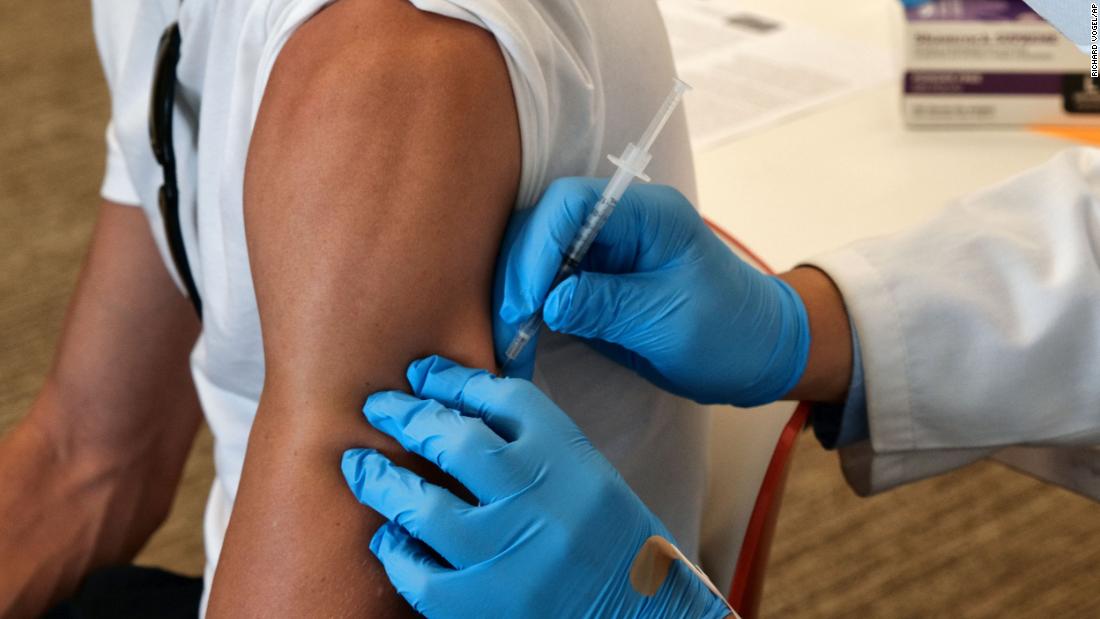
It has been reported in people with monkeypox in West Africa and in a patient in the US in 2003 during a small outbreak linked to imported prairie dogs.
"Why some of these patients have encephalitis is something we don't know," McCollum told CNN.The severity of monkeypox disease probably depends on a person's underlying health, the health-care resources they have access to and the strain of the virus they're infected with.In central Africa's Congo Basin, McCollum says, about 11% of monkeypox cases are fatal, largely because the population hasn't been vaccinated even against the related smallpox virus, which would protect against monkeypox In West Africa, monkeypox turns fatal about 1% of the time, according to data that mostly comes from Nigeria.Pregnant women also have reduced immunity and may be at higher risk from a monkeypox infection.
The strain of the virus circulating in West Africa -- the same strain circulating now in the US and other nonendemic countries -- is thought to cause milder disease than the Congo Basin strain.Outside of these endemic settings, not much is known about how and why cases can turn severe.Public health officials say they're trying to learn on the fly.
Severe disease, but no deaths, in United StatesA report on the first cases in the United States said that out of 954 patients for whom information is available, about 1 in 12, or 8%, have been hospitalized."We are aware of a good number of patients here that have been hospitalized," McCollum said.People at higher risk for severe monkeypox infections include: People with advanced HIV, since their immune function may be compromised; pregnant people; young children and infants; people with eczema or atopic dermatitis because they have many breaks in their skin that can cause the monkeypox rash to be much worse; those with at least one other complication, such as severe nausea and vomiting, diarrhea and dehydration, pneumonia, a secondary skin infection; or another disease at the same timeThe CDC recommends that people who fall into these groups be considered for antiviral therapies, including an experimental treatment called Tpoxx, which is being given to monkeypox patients as part of clinical trial.